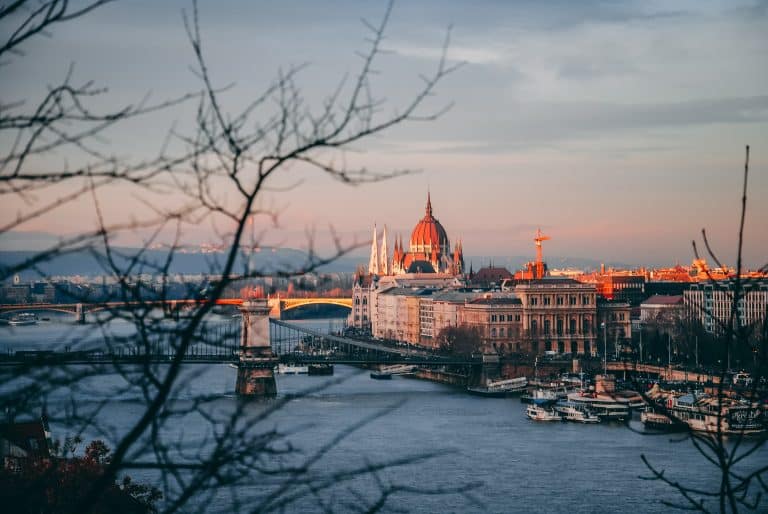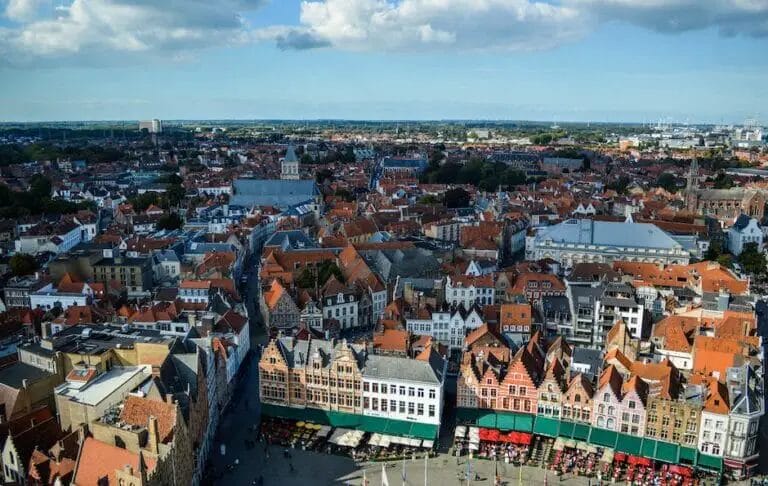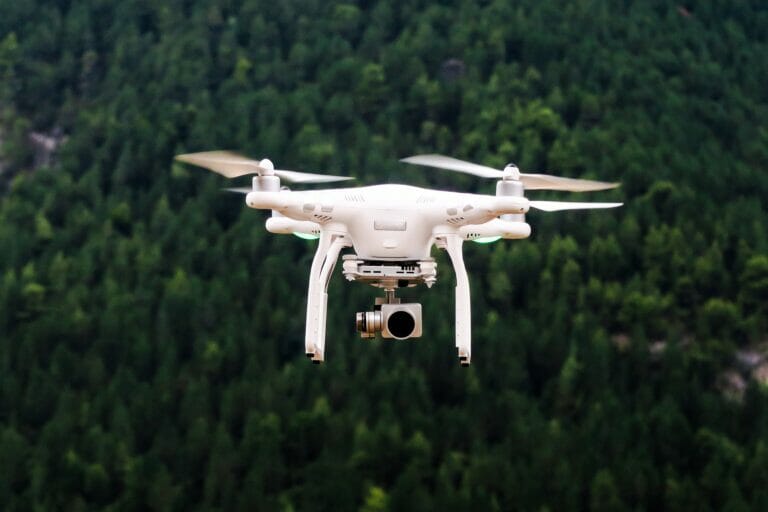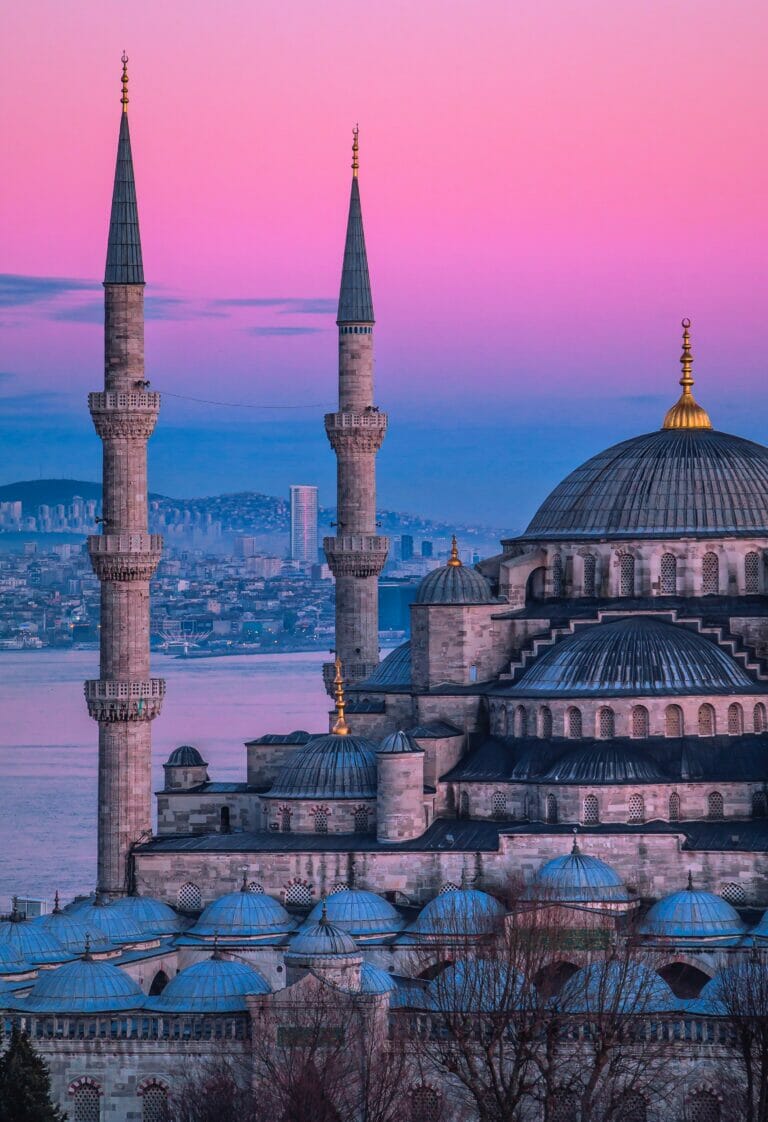Can You Drink Tap Water in Europe? A Comprehensive Guide
As you plan your next European adventure, one important question arises: can you drink tap water in Europe? Access to safe drinking water is crucial for travelers to maintain their health and well-being while exploring new destinations.
In this comprehensive guide, we’ll delve into the nuances of tap water safety across Europe. From discussing local practices to highlighting key considerations, we’ll equip you with the knowledge you need for a worry-free and refreshing travel experience.
I will try to answer your question “Can you drink Tap Water in Europe?” or not.
Is Tap Water in Europe Drinkable?
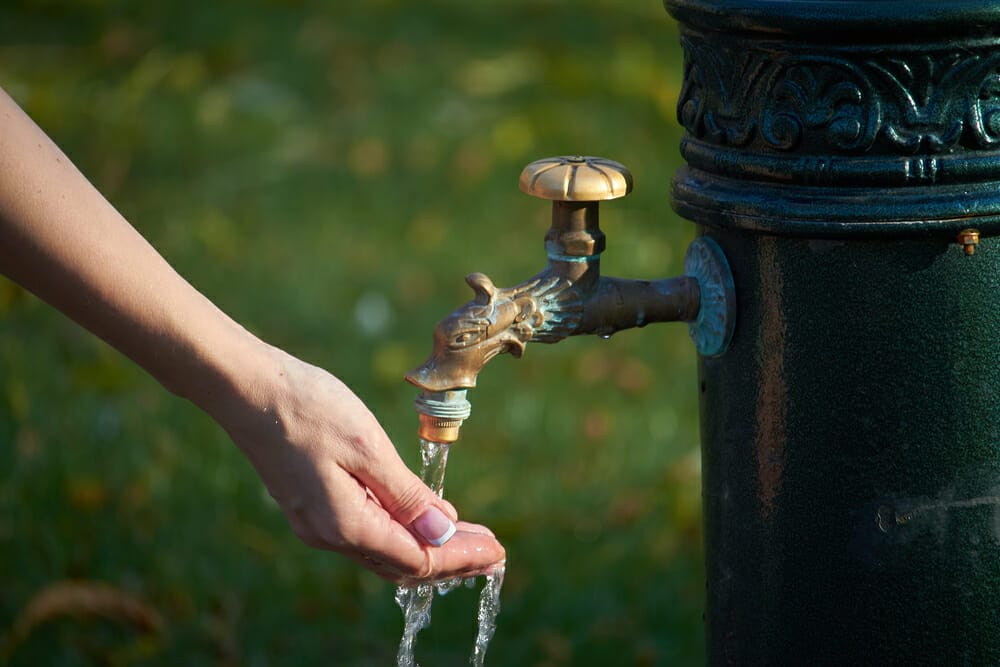
Yes, you can generally drink tap water in Europe. The continent boasts a high standard of water treatment and supply infrastructure, which contributes to the safety of tap water in many countries. However, it’s important to note that the quality of tap water can vary from one location to another. Let’s explore this topic further with some frequently asked questions:
Factors Influencing Tap Water Safety
The safety of tap water hinges on treatment methods, water sources, and distribution systems. European countries implement rigorous testing and purification methods, ensuring water safety for their citizens and visitors alike.
Countries with Reliable Tap Water
The Nordic Excellence
Nordic countries including Sweden, Norway, Denmark, Finland, and Iceland truly set the bar high when it comes to tap water quality. These nations are renowned for their exceptional water quality, and it’s largely attributed to their pristine natural environments.
With vast forests, glacier-fed rivers, and a commitment to environmental preservation, the Nordic countries provide some of the purest and safest tap water in the world. When you visit these picturesque lands, you can confidently quench your thirst straight from the tap, immersing yourself in the essence of their unspoiled landscapes.
Germany’s Purity Standards
Germany is another European nation that prides itself on its unwavering commitment to ensuring safe tap water for its citizens and visitors alike. The key to Germany’s success in this regard lies in its meticulous water treatment procedures.
Rigorous quality control measures are enforced throughout the country, from source to tap. Water treatment facilities adhere to strict standards, making sure that the water that flows into homes and establishments is consistently pure and safe to consume. So, when you’re in Germany, you can trust that the water flowing from the tap is not only safe but of excellent quality.
France’s Metropolitan Trust
In France, the allure of tap water safety extends to its urban areas. Modern infrastructure, combined with a deep-rooted commitment to maintaining high-quality standards, ensures that tap water in French cities is reliably safe to drink.
French authorities maintain strict regulations and conduct regular quality checks, leaving little room for doubt regarding the water’s safety. Whether you’re exploring the vibrant streets of Paris or savoring the flavors of Lyon, you can comfortably hydrate yourself from the tap, knowing that your thirst is being quenched with water that meets stringent quality benchmarks.
Switzerland’s Fountain Abundance
When discussing countries with reliable tap water, Switzerland deserves a special mention. Switzerland is renowned for its abundance of public fountains, where crystal-clear drinking water flows freely. These fountains are not only a testament to Switzerland’s commitment to providing safe drinking water but also a convenient resource for travelers. As you explore Switzerland’s picturesque landscapes, from the pristine lakes to the majestic mountains, you’ll often encounter these fountains. They offer a refreshing and safe way to quench your thirst while taking in the breathtaking beauty of this Alpine wonderland.
United Kingdom’s Crystal Streams
Across the United Kingdom, a strong emphasis is placed on upholding stringent water quality regulations. This commitment makes tap water consumption generally safe from London to Edinburgh. While you may notice variations in taste due to differing treatment methods in various regions, you can rest assured that the water’s quality is consistently high and safe for drinking.
As you traverse the historic landscapes of England, Scotland, Wales, and Northern Ireland, take advantage of the readily available tap water to stay hydrated and immerse yourself in the rich culture and history that this diverse nation has to offer.
Countries with Variable Water Quality
Italy: Where Regions Diverge
Italy, a country renowned for its rich history, culture, and cuisine, presents a unique scenario when it comes to tap water safety. In many of Italy’s major cities, such as Rome, Florence, and Milan, you’ll generally find safe and clean tap water that meets international quality standards. The meticulous water treatment processes ensure that residents and travellers can confidently hydrate themselves from the tap.
However, the story changes as you delve deeper into the intricate alleyways of Italy’s historic districts. Older buildings with outdated plumbing systems might pose challenges to water quality. In these instances, you might detect variations in taste or clarity. It’s advisable to inquire locally and perhaps opt for bottled water if you have concerns.
Spain: A Mosaic of Quality
Spain, a country celebrated for its diverse landscapes, vibrant cities, and passionate culture, presents a mosaic of tap water quality. In larger Spanish cities like Madrid and Barcelona, tap water safety is typically a non-issue. Modern infrastructure and rigorous water treatment procedures ensure that the water flowing from your tap is safe to drink.
However, as you venture into Spain’s more rural or remote regions, you’ll encounter a varied landscape in terms of tap water quality. Some smaller towns and villages may recommend bottled water due to variations in water treatment and distribution.
It’s a good practice to check with local authorities or your accommodations to ensure safe hydration during your Spanish adventures.
But still, during my trip to Barcelona, I did not like the tap water in the Hotel where I was staying so I ended up buying a water bottle from the store.
Greece: From Athens to the Isles
Greece, a land steeped in ancient history and breathtaking landscapes, offers a diverse tap water experience as you navigate its cities and islands. In urban areas like Athens, tap water is generally considered safe for consumption. Greece has made significant strides in modernizing its water treatment infrastructure, ensuring that water quality meets the necessary standards.
However, as you island-hop through the picturesque Greek archipelago, you’ll encounter nuances in tap water safety. Some islands may rely on different water treatment practices, leading to varying water quality. In such cases, it’s not uncommon for locals and travellers to opt for bottled water, particularly in more remote island destinations. Your choice may depend on the specific island you visit, so it’s wise to gather local recommendations to make informed decisions about your hydration.
Countries Where Tap Water May Raise Concerns
Eastern Europe: Navigating Water Quality
Eastern Europe, with its rich history and diverse cultures, presents varying challenges when it comes to tap water quality. While many Eastern European countries have made significant strides in improving water quality, some regions, such as Ukraine and Belarus, may still face water quality challenges.
In these areas, it’s advisable for travelers to exercise caution and consider opting for bottled water. Local recommendations and insights from residents can also be invaluable in ensuring safe hydration during your journey through Eastern Europe.
Balkans: A Tapestry of Sources
The Balkans, known for their stunning landscapes and cultural diversity, offer a complex tapestry of tap water safety. While larger cities in the Balkans often have safe tap water, travelers may encounter inconsistencies in water quality as they explore more remote or rural regions.
Due to this variability, many travelers opt for bottled water in the Balkans to mitigate potential health risks. Ensuring safe hydration is essential, especially when traveling off the beaten path.
Russia: A Transcontinental Perspective
Russia, with its vast expanse and diverse landscapes, presents a transcontinental perspective on tap water safety. The quality of tap water in Russia can vary considerably from region to region.
In major cities like Moscow and St. Petersburg, tap water is typically treated and safe for consumption. However, in more remote or rural areas, travelers may encounter uncertainty regarding water quality.
To err on the side of caution, many travelers in Russia choose to rely on bottled water or ensure that tap water has been properly treated before consumption. Staying informed about the specific region you are visiting and seeking local advice can help you make the right choices for safe hydration during your Russian adventures.
Advantages of Opting for Tap Water
Environmental Considerations
Choosing tap water reduces plastic waste generated by single-use bottled water, contributing positively to environmental sustainability.
Frugality and Financial Savings
Drinking tap water is budget-friendly, saving you money that can be better spent on experiencing local culture and attractions.
Convenience While Roaming
With access to safe tap water, you can confidently explore your destination without the hassle of carrying heavy bottled water.
Ensuring Your Tap Water’s Safety
Portable Water Filters: Your Traveling Companions
Carrying a portable water filter can offer an added layer of assurance, particularly in areas with questionable tap water quality.
The Boiling Point: Ensuring Purity
Boiling tap water effectively purifies it, rendering it safe to drink. This method is especially useful when other options are limited.
Sip Sustainably: Embrace Refillable Bottles
Equip yourself with a refillable water bottle to conveniently refill with tap water from trusted sources as you venture through Europe.
Exploring Alternatives to Tap Water
Bottled Water: A Trusty Substitute
If uncertain about tap water safety, bottled water serves as a reliable alternative widely available throughout Europe.
When I was travelling this summer to Barcelona since I didn’t like the tap water of the hotel where I was staying I chose to buy Water Bottle from the supermarket. It was just an additional 0,60 € per bottle during my trip.
Savouring Local Beverages: A Cultural Hydration
Exploring local beverages not only keeps you hydrated but also allows you to immerse yourself in the cultural flavours of each region.
Addressing Common Concerns and Curiosities
The Taste Quandary: Does Tap Water Differ?
Tap water’s taste may vary due to mineral content and treatment methods, but overall, it is safe for consumption.
Ice Ice, Maybe? The Ice Cube Inquiry
Ice cubes are typically made from tap water. When the tap water is safe, the ice is safe as well.
Toothbrushing Travails: Is Tap Water Safe?
In most European countries, tap water is safe for brushing teeth and maintaining oral hygiene.
Stomach Sensitivities and Hydration Habits
Individuals with sensitive stomachs might prefer bottled water, but tap water is generally safe for consumption.
Conclusion: A Sip of Clarity
In conclusion, tap water safety in Europe is a diverse landscape. While some regions boast crystal-clear tap water, others present uncertainties. Researching your destination and adhering to safety measures will empower you to make the right choice for your hydration needs.

